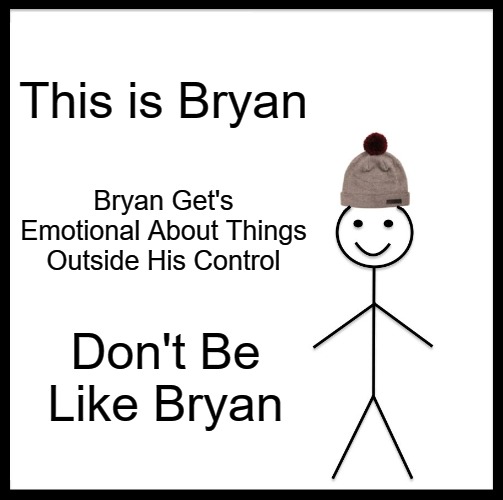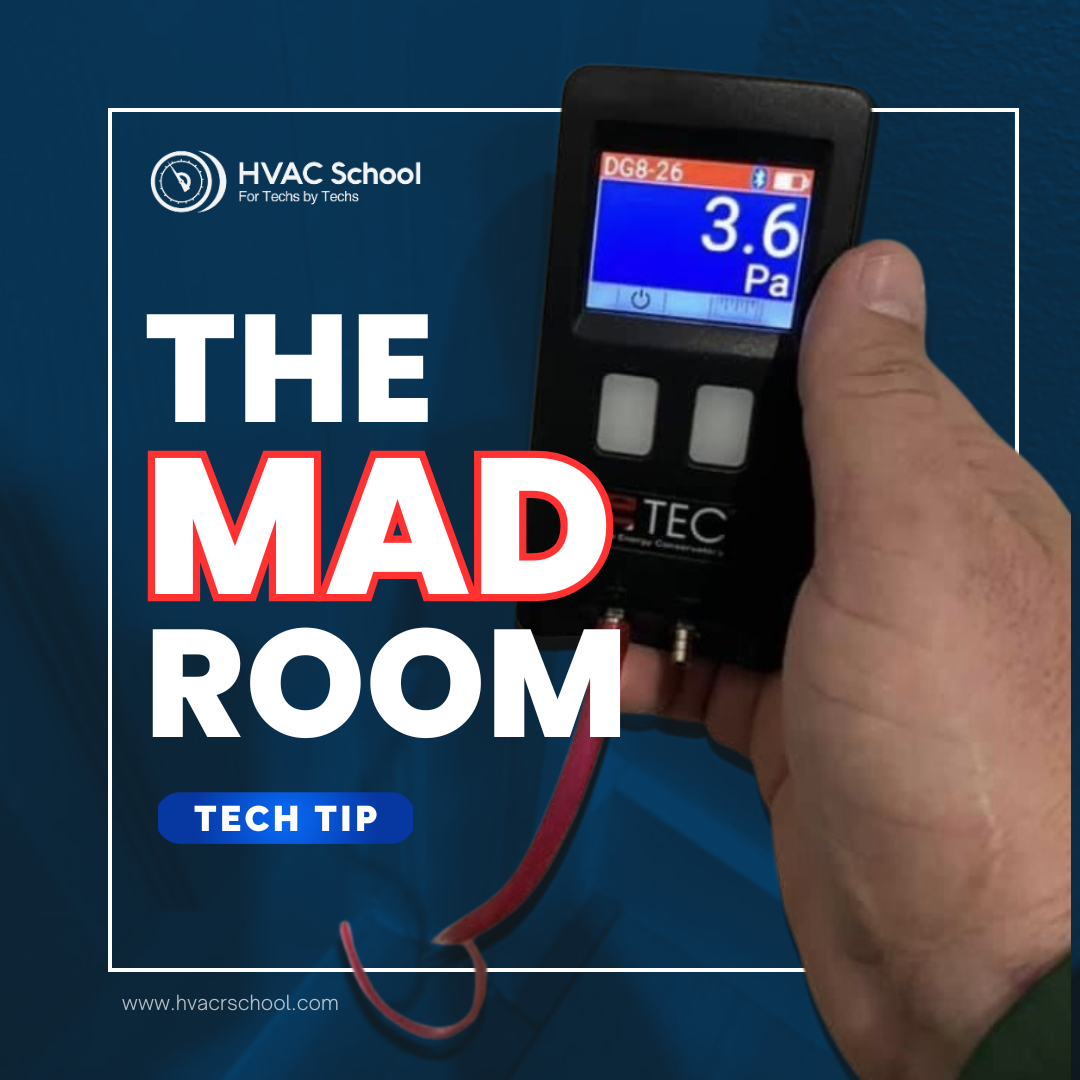Get Tech Tips
Subscribe to free tech tips.
The Learning Mindset – It Isn’t Obvious Until It Is

Note: This short series is on the mindset of learning (and teaching), not really a “tech tip,” per se. We will be back to the tech tips in a few days.
I've heard and repeated these phrases countless times over the years, both at home and work:
That should be obvious.
It's just common sense.
How could you miss that?
That CLEARLY isn't good enough.
You SHOULD know better.
It's the human condition to forget what it was like before something became second nature to us.
We tend to blur all the intermediate steps it took for us to become competent at something into “common sense” that people just “should know.”
When we see someone turning a screw or bolt the wrong direction, we either verbally (or in our head) repeat the phrase:
“Righty tighty. Lefty loosey.”
Let's analyze that for a second. What does that phrase mean to someone who hasn't spent a lot of time with a wrench in their hand?
Turn it right? We are spinning it in a circle, so whether right or left is tight really depends on how you are looking at it.
Hold your hand out in front of you with your thumb pointed down, fingers up. To tighten a bolt, we turn right from the top with the bolt facing us. Our fingers turn right, but from the bottom where our thumb is, it actually turns left. Also, if the bolt is on the other side facing away from us, we turn it left from the top to tighten.
We really turn it clockwise to tighten typical threads, not “right,” but even clockwise is something we learn through feel. If you were going to explain to someone how to tell the difference between clockwise and counter-clockwise, what would you say?
“Clockwise moves to the right,” and then we are right back at the start.
We learn things through the experience of:
- Trial and error (this works, that doesn't)
- Compare and contrast (this is like that or not like that for these reasons)
- If this happens, then that happens (if this, then that)
In the case of a simple phrase like “righty tighty,” we make several assumptions about the person we are saying it to. We assume that they know right from left already. We also assume that they understand how you're supposed to face the component being turned, so they should understand that we are saying right from the top.
But really, we aren't thinking about any of those things. We are really just thinking, “This is obvious. Stop overthinking it. Turn the darn thing right to tighten it.”
I can already see the messages:
Why are you complicating this? It's obvious which way we mean when we say “righty tighty.”
It isn't obvious until it becomes obvious, then it seems to us like it always was.
We may think we learned it because someone repeated the phrase “righty tighty.” However, we actually learned it because we turned it the wrong way a bunch (trial and error). We also learned right and left from clocks via repetitive reinforcement as a kid; we make that connection because it's similar enough to the motion of a clock.
Memory doesn't work how we imagine (imagining is how it works)
I often envision my memories like books on a shelf that I pull down and read and then put back when I'm done—safe and sound for access next time.
In this model, I may lose a book or have a hard time finding it, but my memory is my memory, and it doesn't change any more than the words on the page change. I may misplace my copy of Hitchhiker's Guide to the Galaxy, but when I do locate it, “The ships hung in the sky in much the same way that bricks don't,” just as always (forgive my force-feeding of that Douglas Adams line).
The reality of memory is messier and more fluid than books on a shelf.
Have you read Neural Correlates of Reactivation and Retrieval-Induced Distortion published in the Journal of Neuroscience? No? It's a real page-turner.
The study results demonstrate that memory recall is actually quite dependent on the current state of your mind and emotions. It's surprisingly untrustworthy as exact replicas of the facts.
Modern neuroscience has demonstrated that all memories are recreations of the ideas and senses that you experienced in the past but using the brain of the present.
Think of it this way (compare and contrast in action):
When you take a voltage measurement with a digital data logging multimeter, what is happening?
You are placing probes on points of differing electrical potential. Do the probes measure the voltage? No, they simply transmit the potential to the meter.
Once the voltage gets to the meter, the meter can “measure” the voltage, but do the internal electronics display the voltage? No, the display actually shows it in a way that makes sense to us.
If the meter stores the measurement, is it stored in the display?
No, the measurement is stored in memory as a bunch of zeros and ones that can be recalled later and reconstructed into a display later using software designed to make sense of those zeros and ones, therefore replicating the result.
The difference with the human mind is that our experiences shape and change our software.
As we have new experiences, our brain encodes this data into our long-term memory via neurons trained to fire in unison to “recall” an experience or idea. When we recall these experiences, they are processed with your latest software that may come to different conclusions about what these signals mean than the original.
The result? Sometimes, we don't remember things as they actually were, especially all the little details it took to get from point A to B.
Once we realize that all of our memories are complete reconstructions of raw data rather than books or photos on the shelf, we can begin to understand that concepts that now seem simple, obvious, or given were not that way when we first learned them. We likely just learned them through methods and during times that we are now failing to recall.
Lock in Understanding
On social media, we often get some version of: “If you don't already know that, you need to go back to school.” The funny thing about that is the people who say that often have similar blind spots and probably didn't learn the very thing they now see as “so obvious” in school anyway.
Education at it's very best is simply a forum where experiences can efficiently be metabolized into understanding.
Understand and do, do and understand—they go hand in hand. Sometimes, we understand something first, and then we do it. Sometimes, we do something first, become confused, make mistakes, and THEN we understand it.
Either way, the goal is to be able to both understand something and do it well. Once we do something long enough and understand it deeply enough, it starts to feel simple, but don't mistake the fact that it is now simple for your mind as being “obvious” for others.
In order to teach well, we don't simply vomit out the information we know and expect it to sink in. We need to meet the student where they are and facilitate the experiences that will lead them down the path to understanding.
Habits and Reps
When I was 16, I went to work at a golf course for about six months. I really enjoyed golf and wanted to get better, so I figured working around it and playing almost every day would help.
It didn't. I got worse.
While I was getting many reps swinging over and over, the things I was doing and my assumptions about what I was doing wrong were incorrect.
I had the experience, but I lacked the insight to develop a proper understanding that would result in effective practice.
Many of us learned most of what we know in the field simply because we get so many repetitions of experience in the field. Often, bad habits and incorrect thinking are ingrained in the field for this very same reason.
Incorrect assumptions lead to incorrect understanding and bad results.
As Reagan once said:
“It isn't so much that they are ignorant. It's just that they know so many things that aren't so.”
On the one hand, we cannot expect anyone to understand anything without experience any more than we could expect someone to learn to golf from a book. On the other hand, practice doesn't make perfect if it is based on incorrect understanding.
To summarize:
- We all know things because we have a combination of experience and understanding, not because “it's obvious.”
- Our memory is unreliable as to how we learned things, and we often miss the little details that got us where we are.
- Trying to separate understanding from experience or vice versa is a waste of time.
The next article will be on trial and error and how we can use it intentionally to learn and teach.
—Bryan











Comments
To leave a comment, you need to log in.
Log In